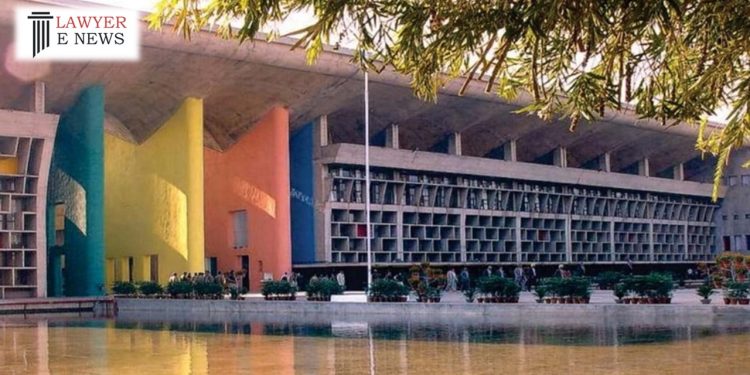When commercial quantity is recovered, can bail be granted without meeting twin conditions? [NDPS Act]

A single bench of the Punjab and Haryana High Court has referred the case to the Chief Justice for the formation of a larger bench after taking note of the divergent opinions of co-ordinate benches regarding the applicability of Section 37(1)(b) of the NDPS Act in bail matters where accused booked for possession of commercial quantity have been in custody for a significant amount of time.
Justice Sudhir Mittal issued an order saying, “In light of the difference of opinion referred to above, let this matter be placed before Hon’ble the Chief Justice for constituting a Larger Bench to settle the issue of fulfilment of the twin conditions prescribed in Section 37(1)(b) of the Act before grant of bail in a case of recovery of commercial quantity under the Act.”
The matter came up in court when it was hearing an accused person’s third bail application in a case where it was claimed that 15 injections of buprenorphine and 11 injections of pheniramine maleate (10 ml each) had been recovered (2 ml each).
While the accused’s initial request for bail was denied in October 2020 on the grounds that he had only been detained for three months and 19 days and that numerous criminal cases were still pending against him, his second request for bail was denied because he did not meet the requirements outlined in Section 37 of the Act.
In the third application, his attorney argued that because he had spent more than two years in custody, he should be freed on bail without regard to the restrictions imposed by Section 37(1)(b) of the Act.
He cited judgments in the cases of Dheeren Kumar Jaina v. Union of India, SLP (Criminal) No. 4432 of 2021, Nitish Adhikary @ Bapan v. State of West Bengal, SLP (Criminal) No. 5769-2022, and high court judgments in the cases of Naveen v. State of Haryana, 2022 (1) RCR (Criminal) 553, Charanjit Singh @ Amritpal
The prosecution argued that the twin requirements outlined in Section 37(1)(b) of the Act must be met in circumstances of commercial quantity recovery. It cited the rulings in Union of India (NCB) Etc. v. Khalil Uddin, SLP (Criminal) Nos. 5505 & 5506 of 2022 and the Satnam Singh v. State of Punjab, CRM-M-43795-2020 judgement by the high court.
Regarding the applicability of Section 37(1), Justice Mittal said that there are two sets of decisions with conflicting opinions (b).
Regarding the petitioner’s particular case, the court dismissed it in light of the requirements outlined in Section 37(1)(b) of the Act and while taking into account the fact that the trial was almost over. The trial court was ordered by the bench to wrap up the case as soon as possible “As was mentioned above, the petitioner’s second plea for bail was denied because he was unable to demonstrate compliance with the twin requirements set forth in Section 37(1)(b) of the Act. The judgments on which the petitioner has relied do not support him since no new information has been introduced to the record to support a different conclusion. None of these rulings state that a different perspective may be adopted in a subsequent bail application, even if the circumstances remain the same “the tribunal.
Samdarsh Kumar @ Joseph
vs
State of U.T. Chandigarh






